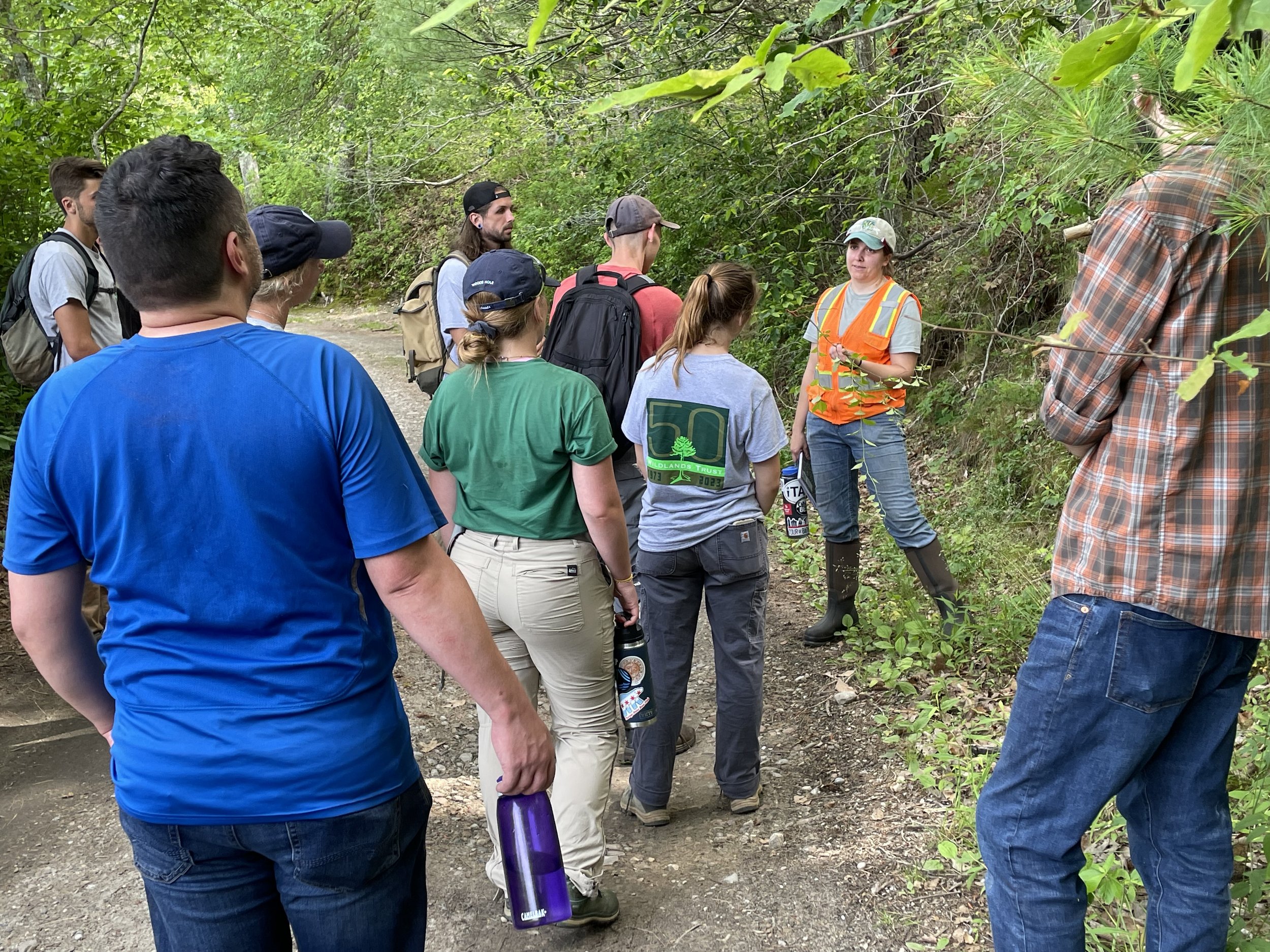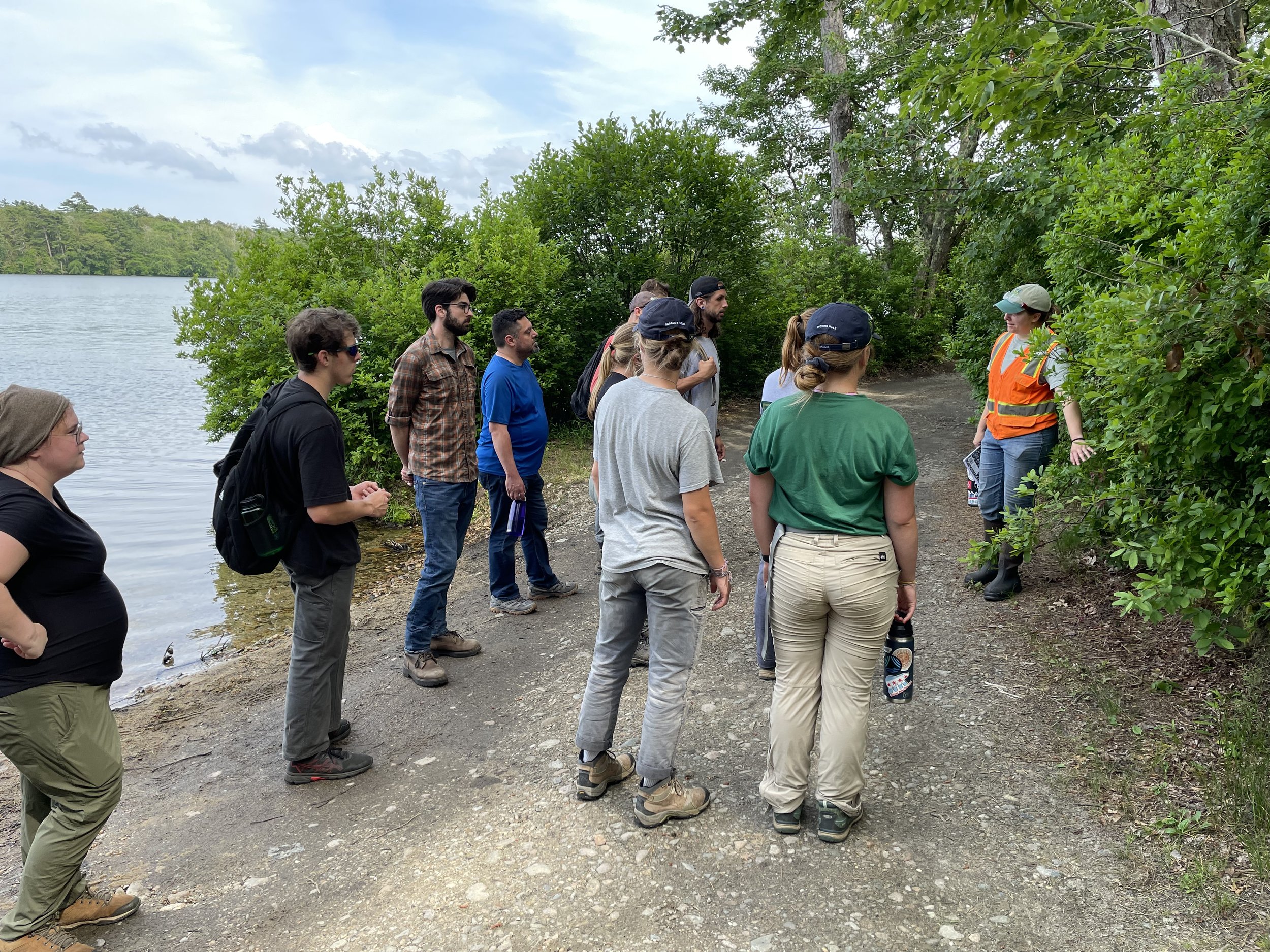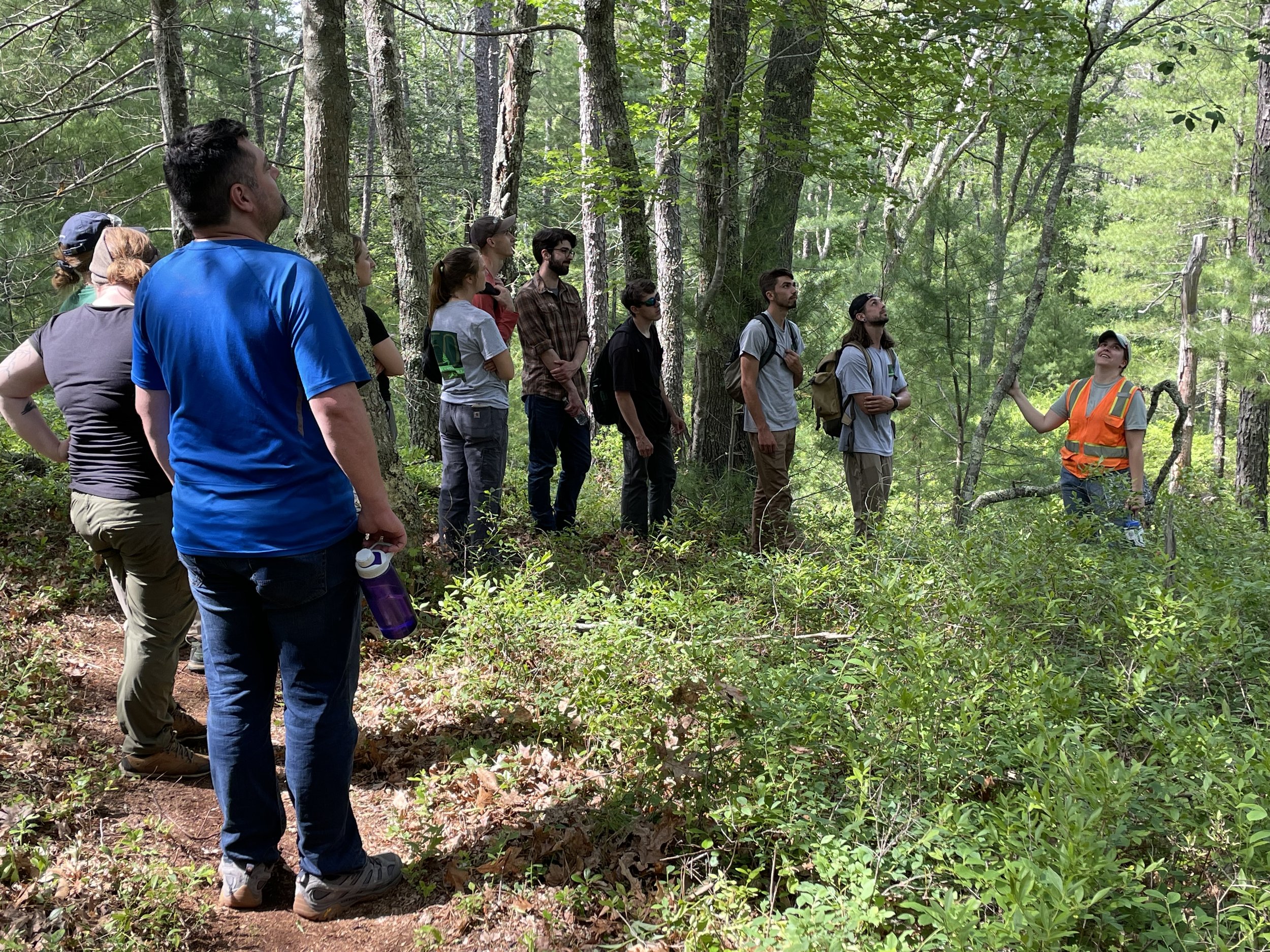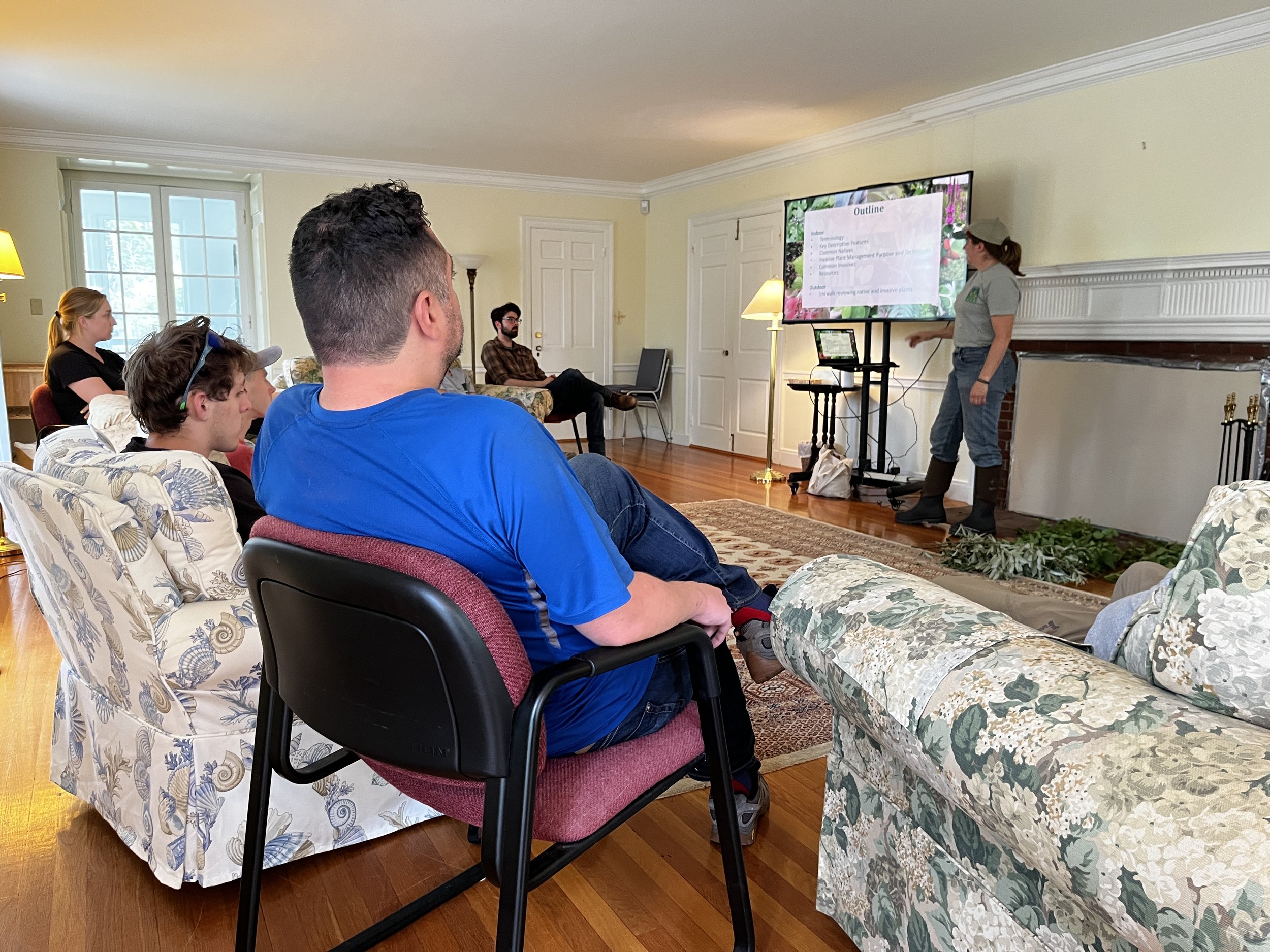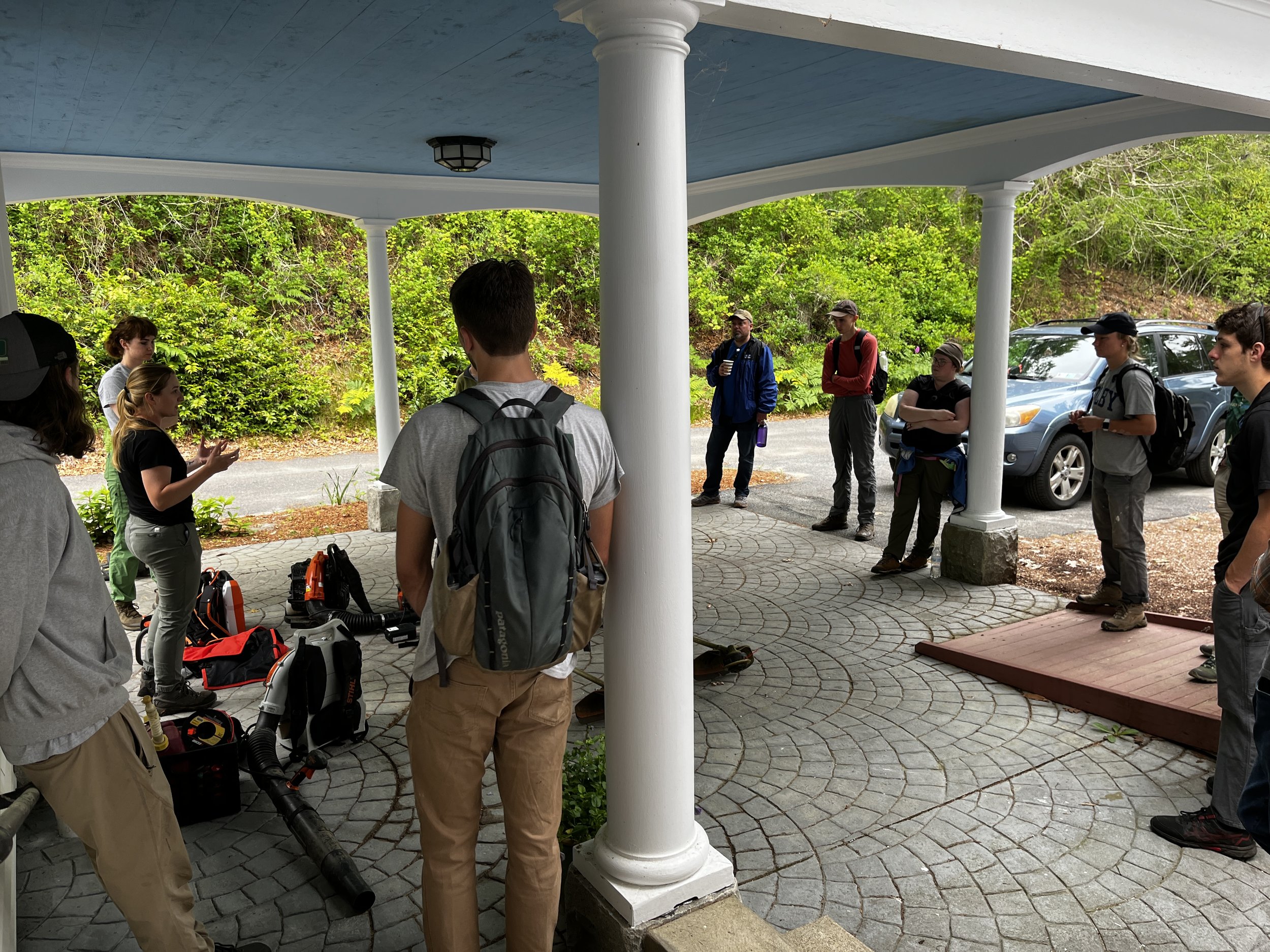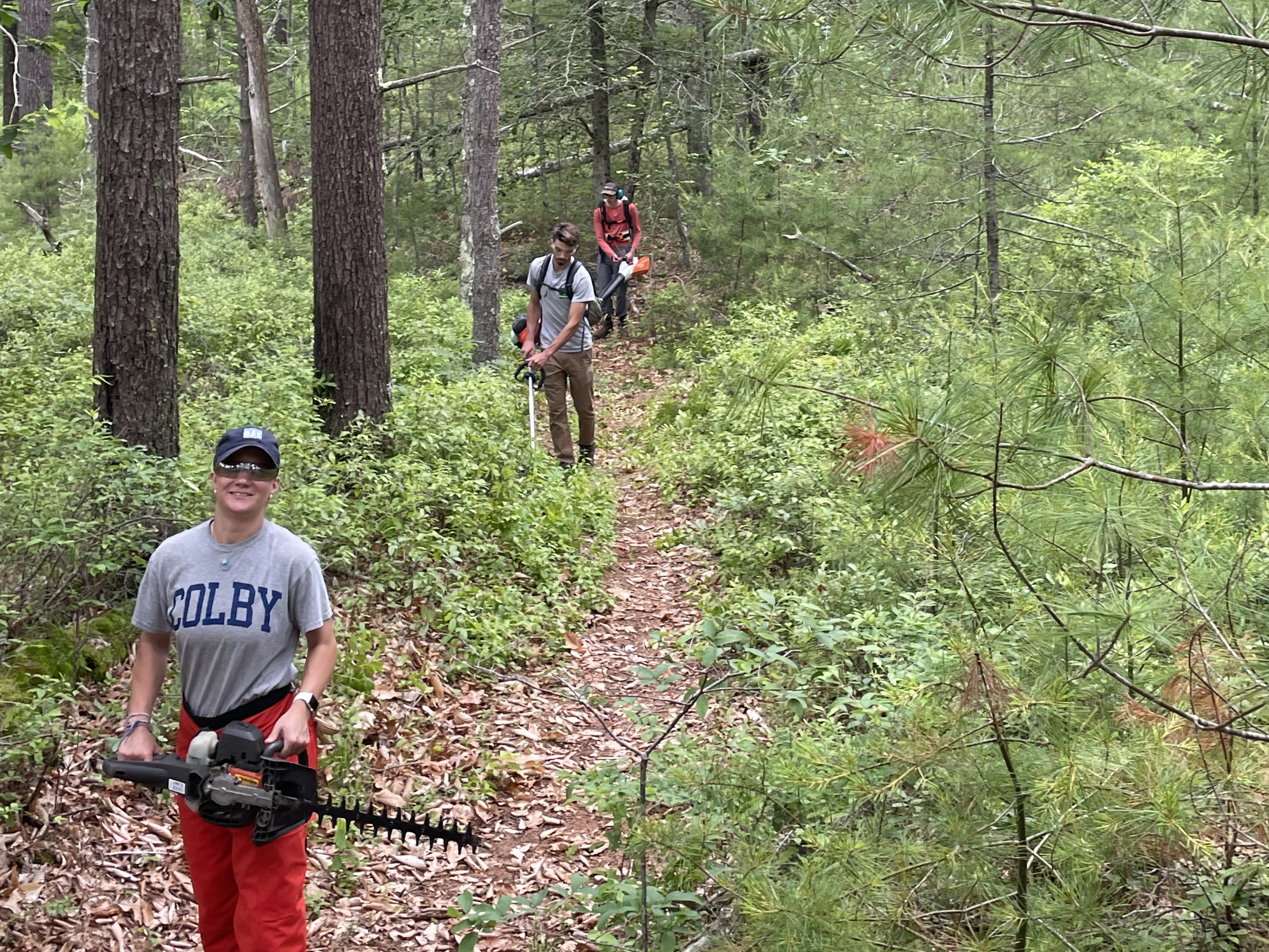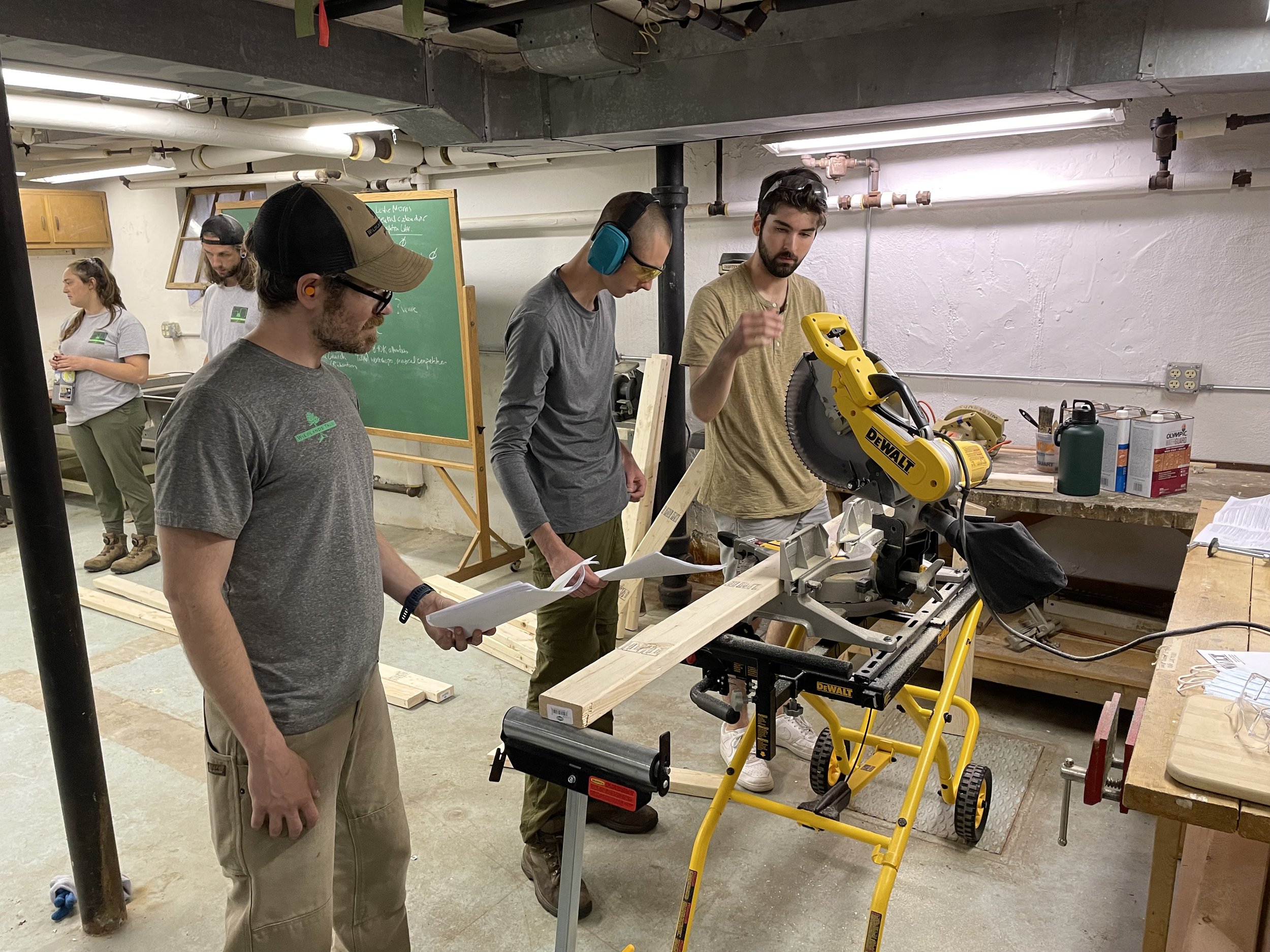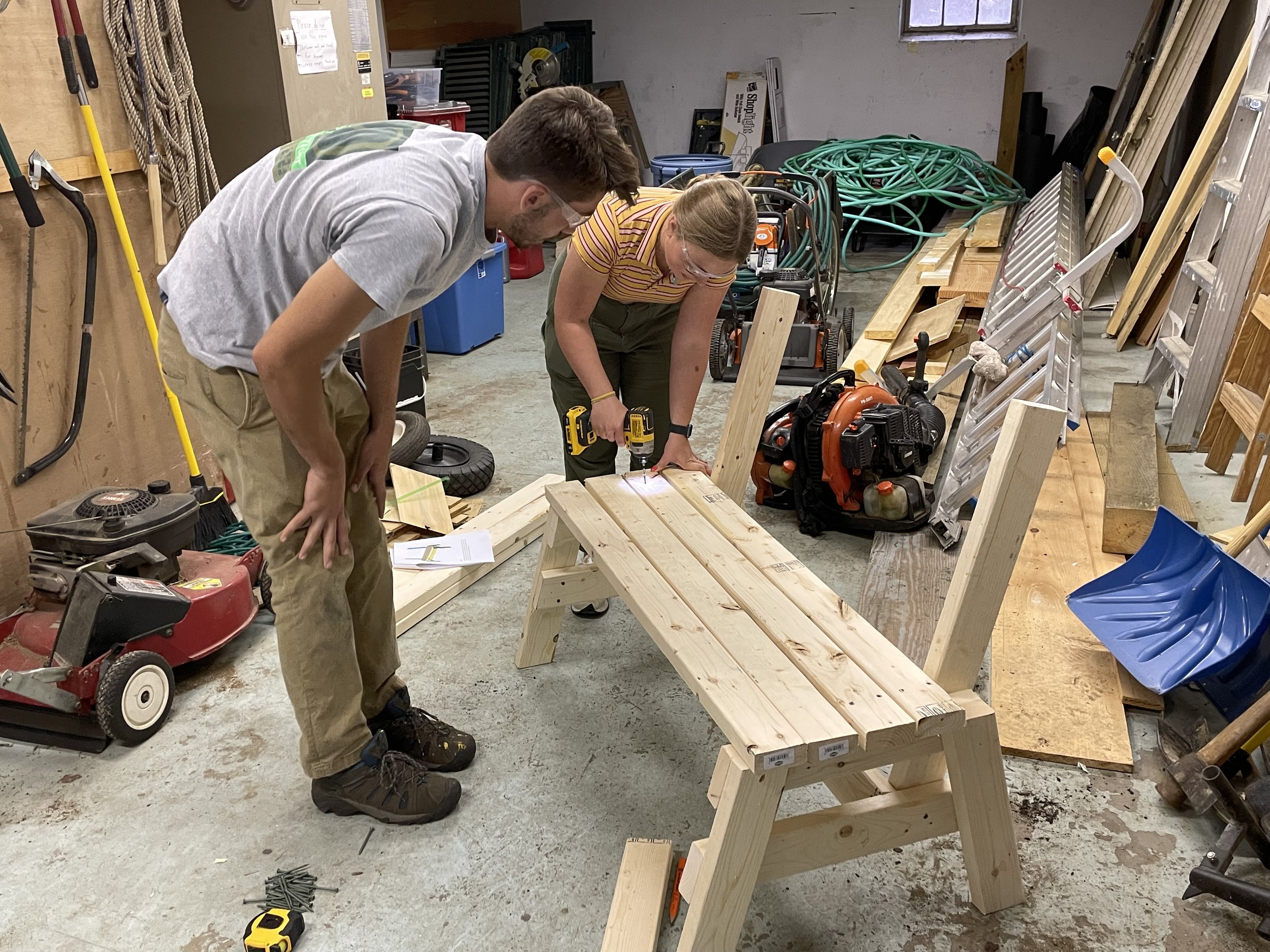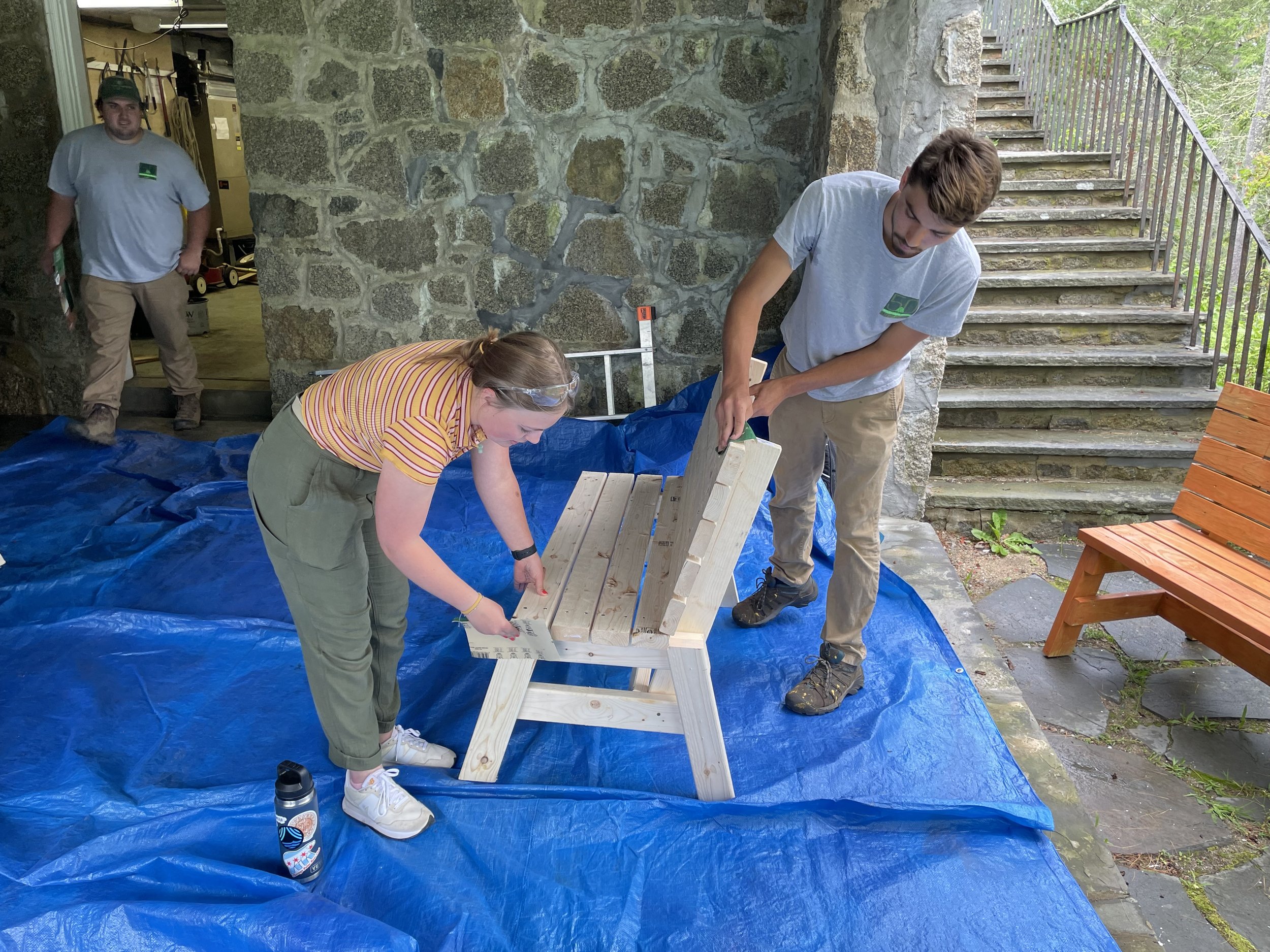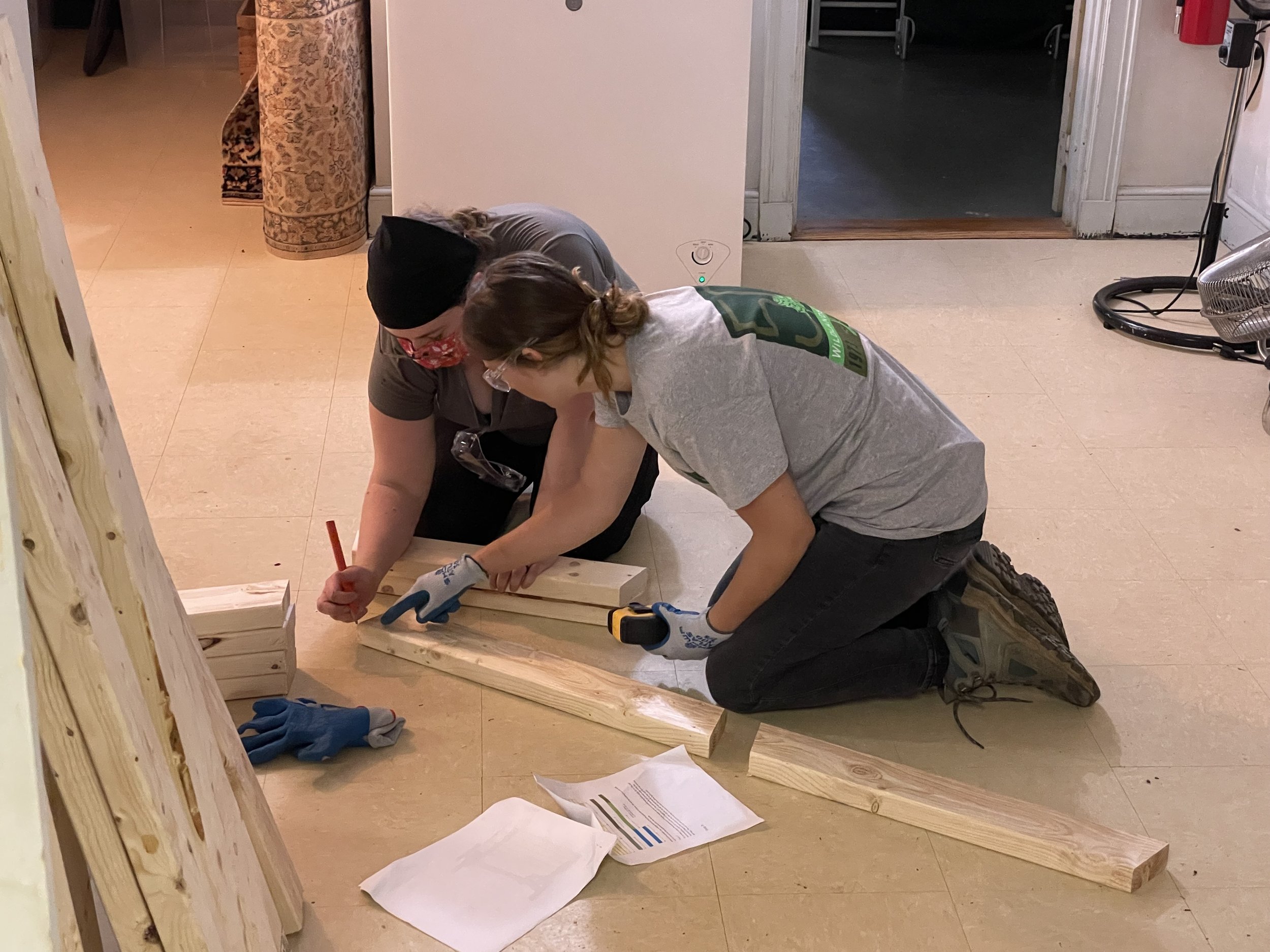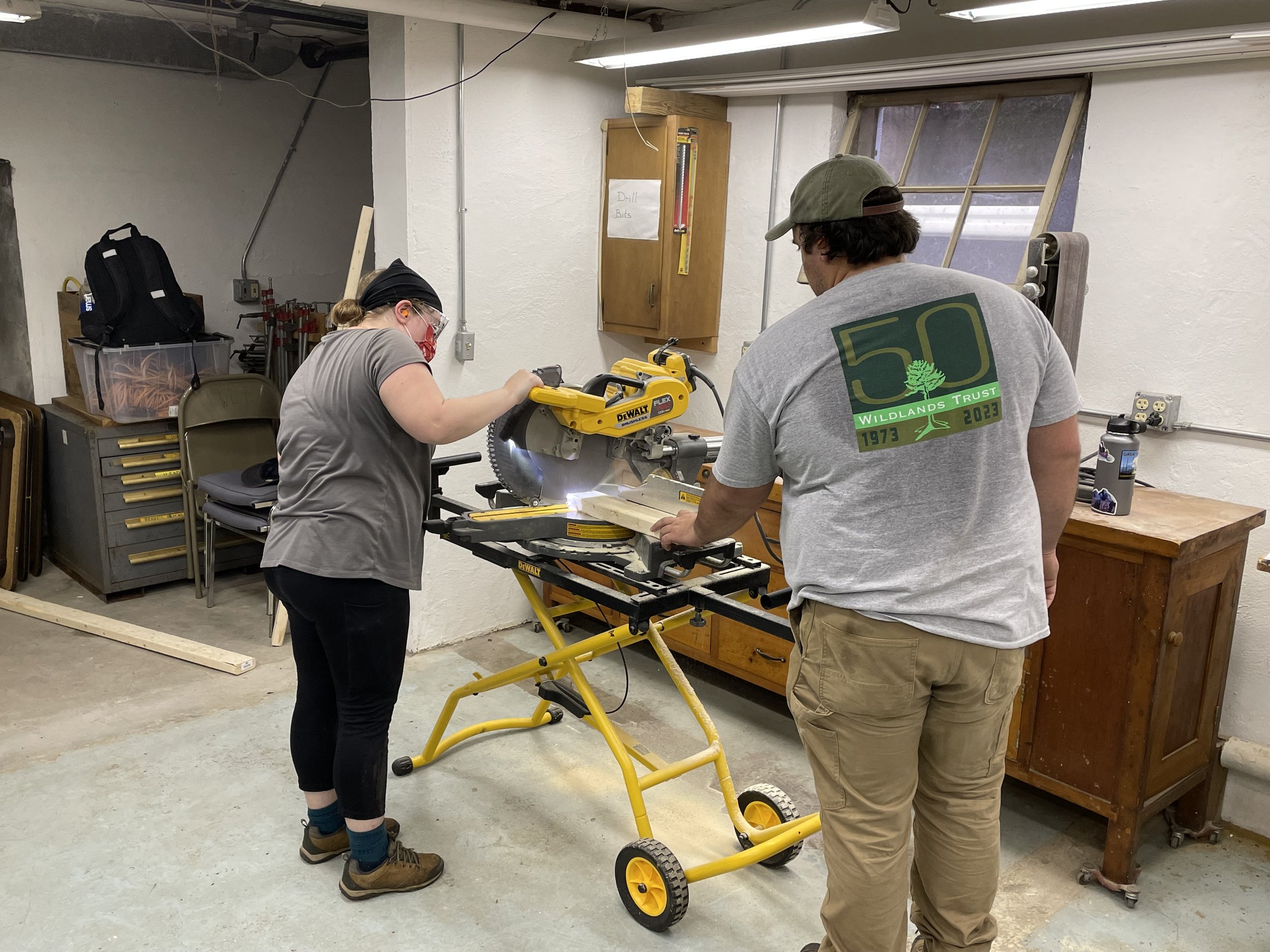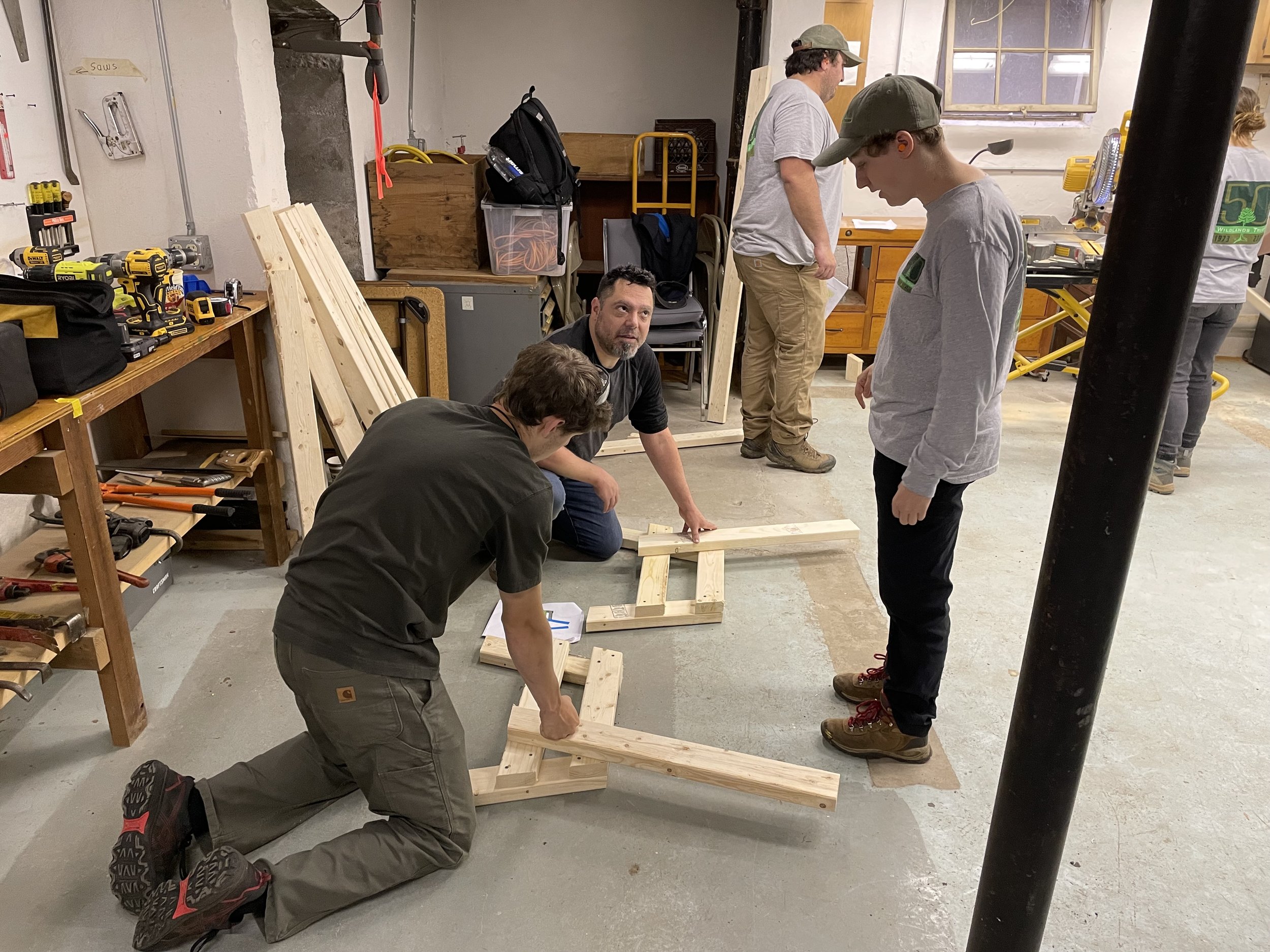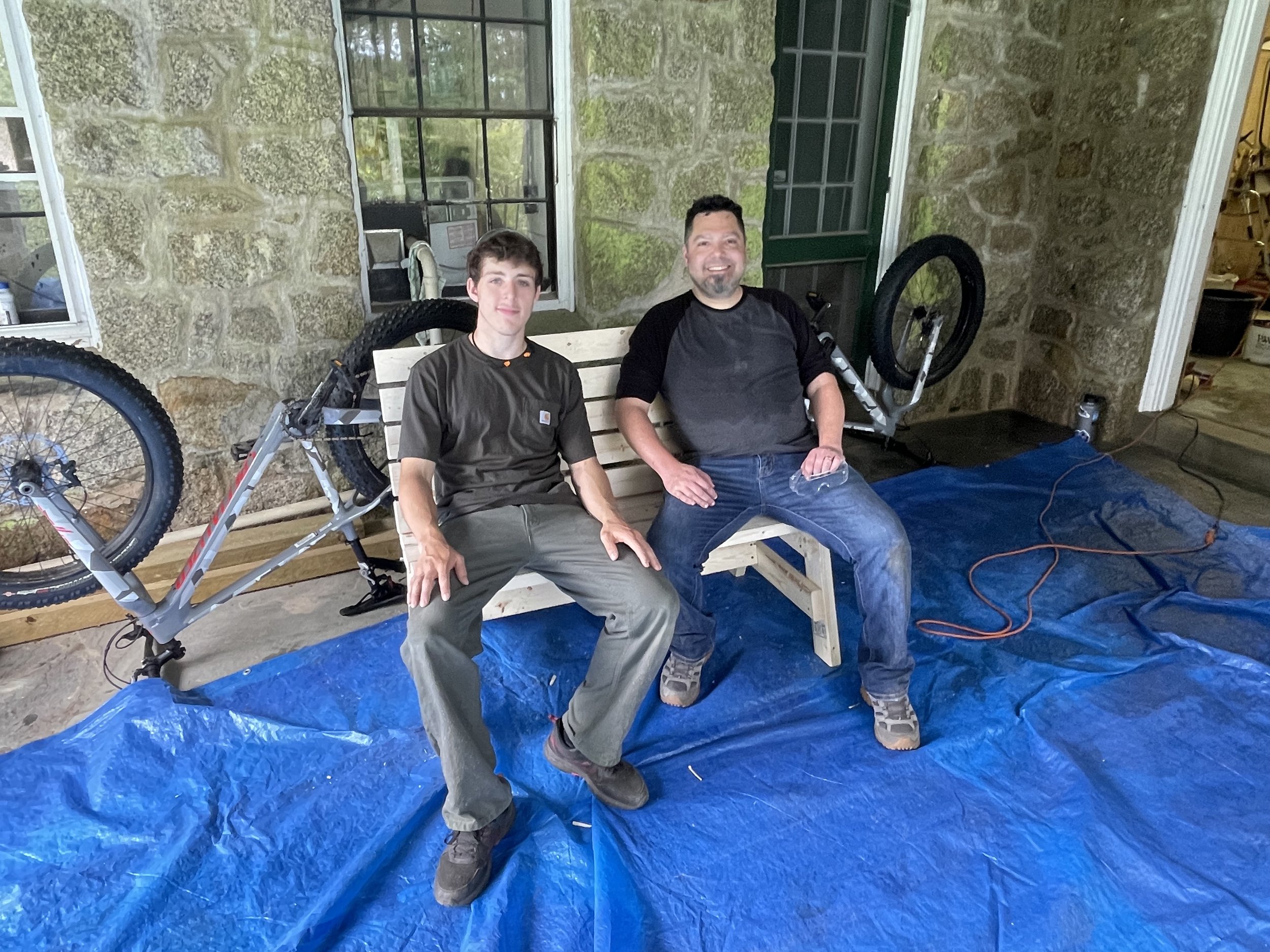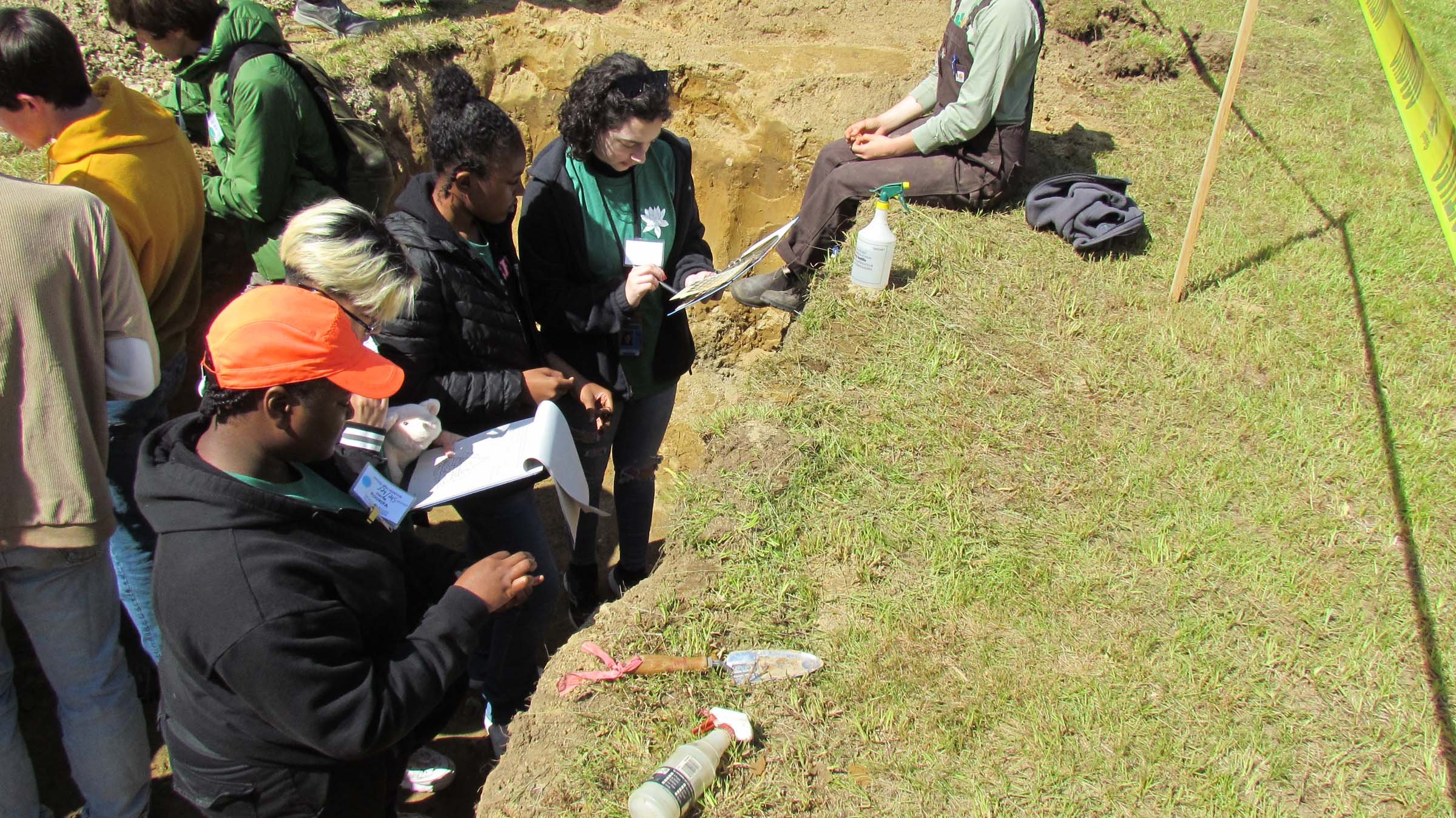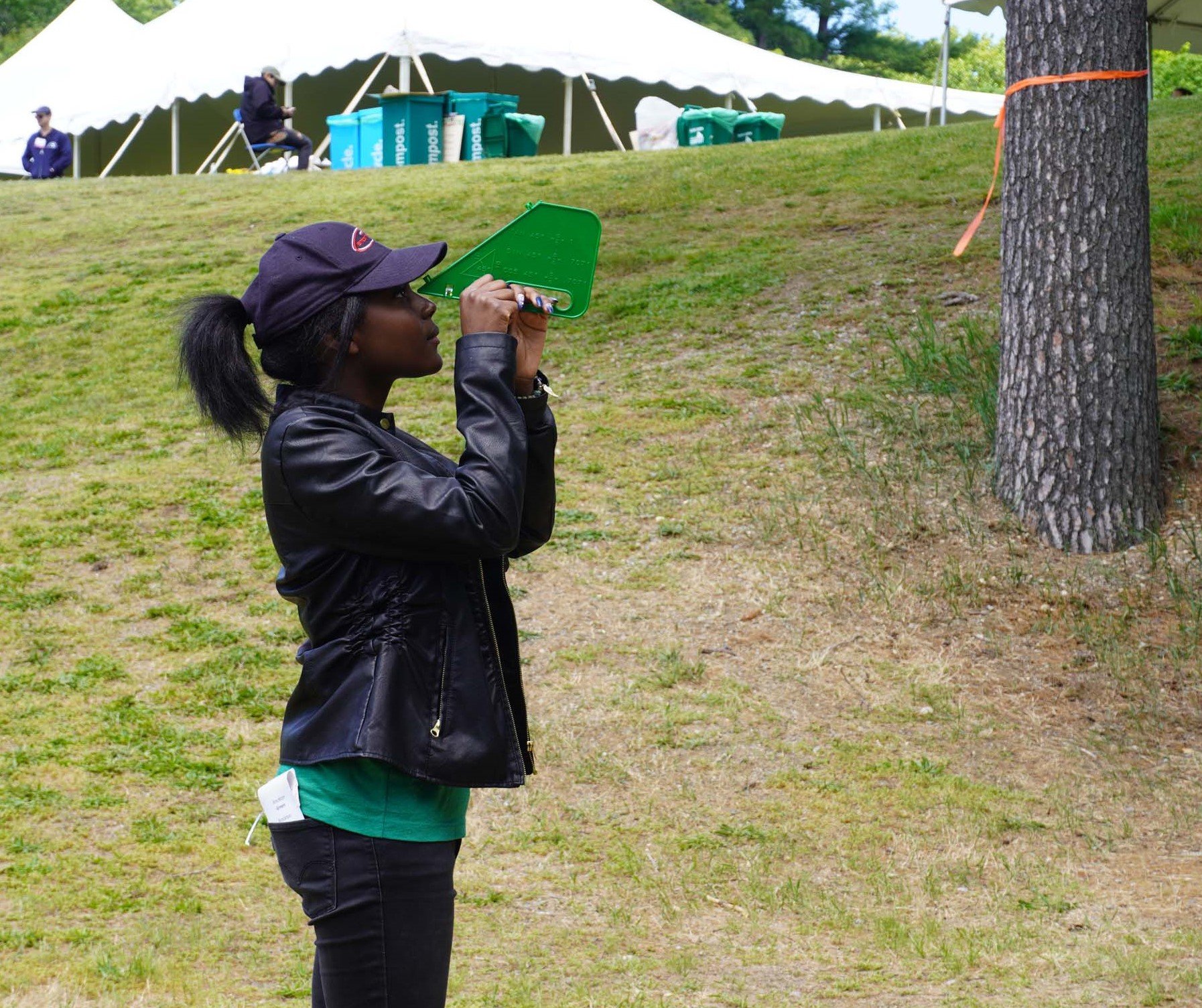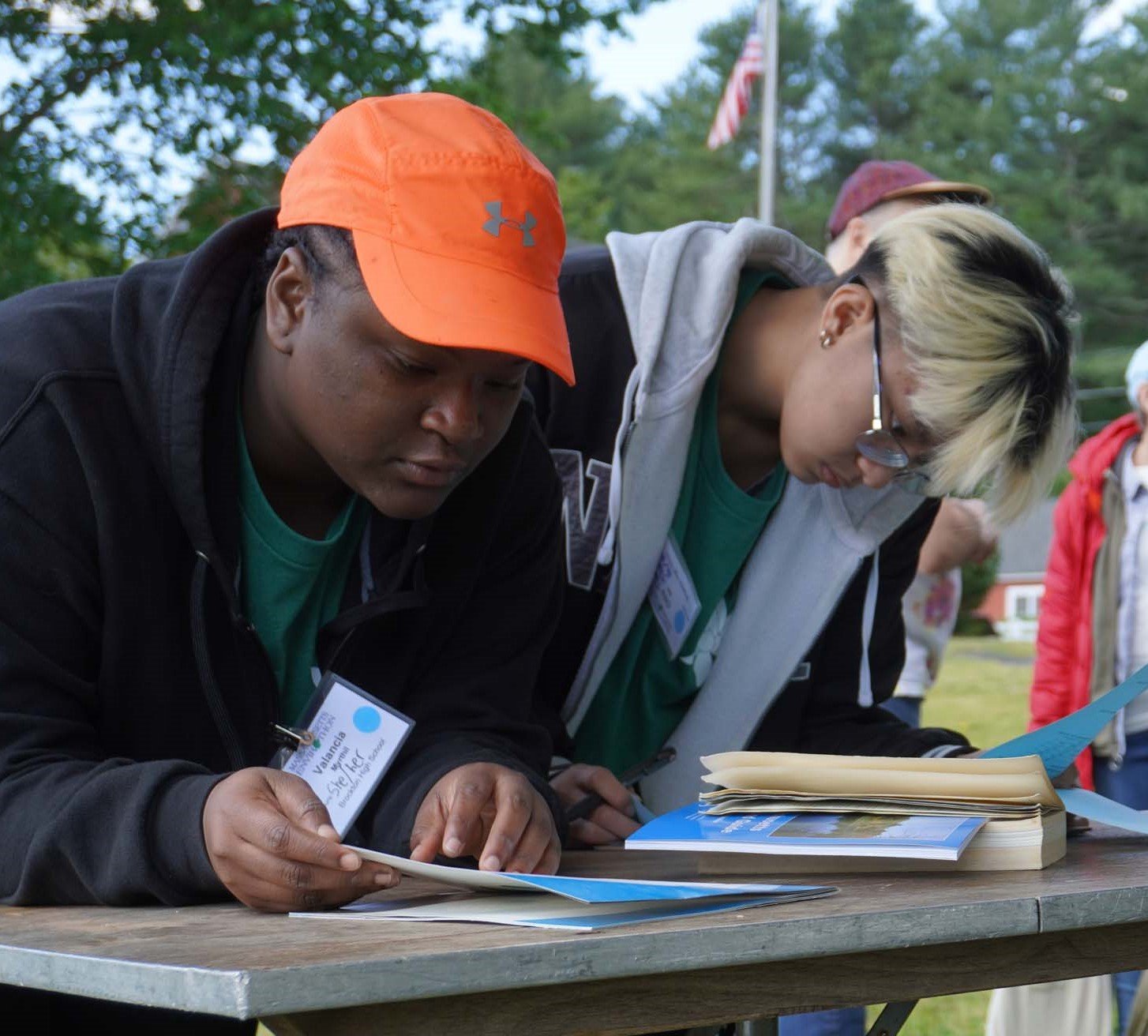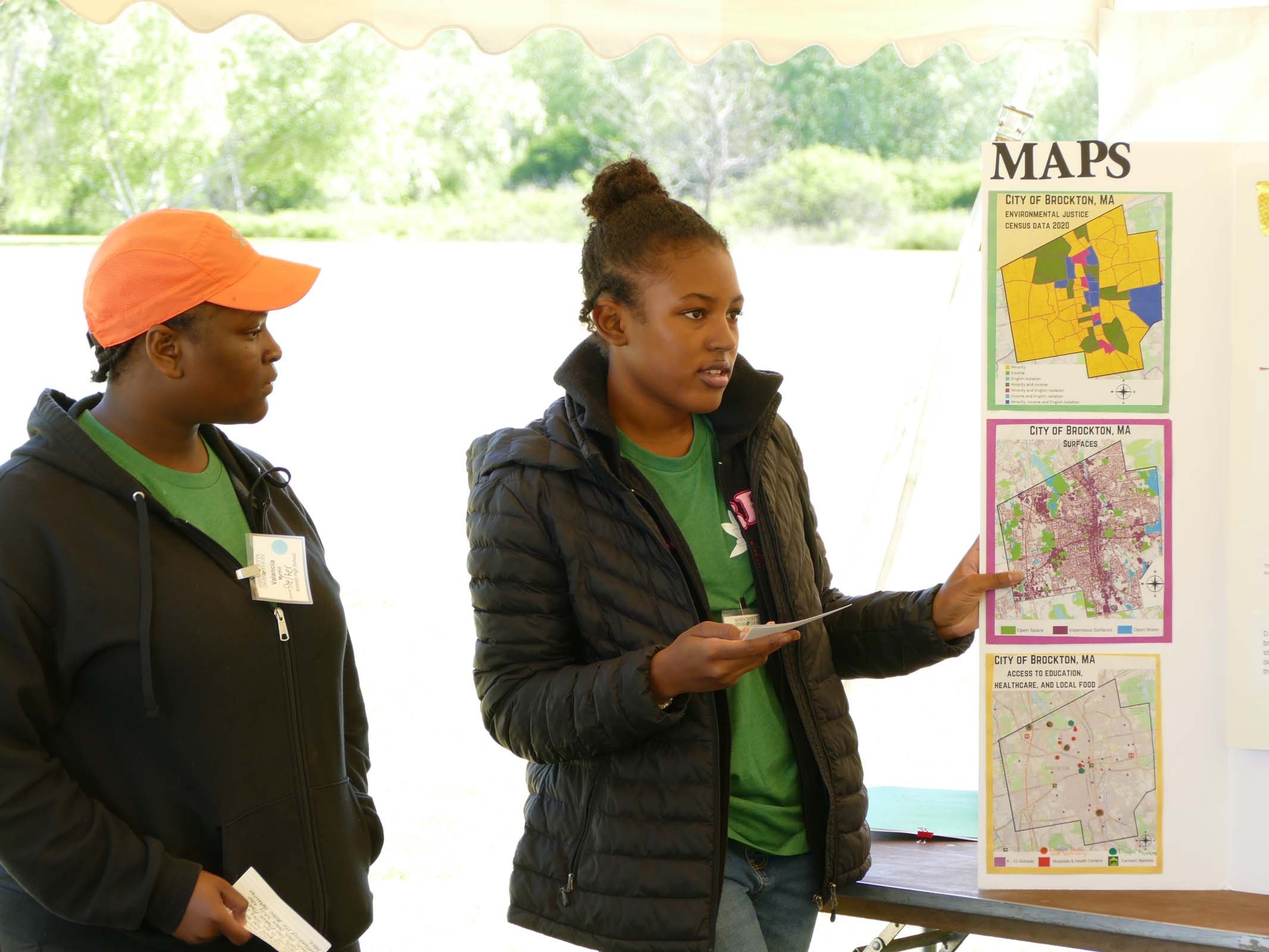By Thomas Patti, Communications Coordinator
Every summer, the Wildlands family gets a bit bigger. Seasonal Land Stewards join our ranks to support the stewardship team during the busiest part of the year. This season, a college intern is also providing her services to the Trust. Read on to learn more about these new faces at Wildlands.
Seasonal Land Stewards
Caleb Griffin
Caleb joins our stewardship team this summer from Cape Cod Community College, where he studied environmental science. He will continue his studies this fall at Massachusetts Maritime Academy. Caleb grew up hiking and mountain biking in Bourne. He is excited to hone his trail-building skills with Wildlands.
Tyler Williams
Tyler returns to Wildlands for his second summer as a Seasonal Land Steward. He graduated from UMass Boston this spring with a degree in environmental science. In his free time, Tyler enjoys camping in the woods, relaxing on the beach, and watching nature documentaries. The Norton native is eager to advance Wildlands’ mission of protecting land and wildlife this summer.
Marina Smiarowski
Marina rounds out our seasonal stewardship staff. She graduated from high school this spring and will attend the SUNY College of Environmental Science and Forestry in the fall. Engaging with the trails and programs of her local land trust while growing up in southern Connecticut left Marina eager to learn more about the inner workings of a land conservation organization. Marina recently interned with the Stewart B. McKinney US Fish & Wildlife Service unit in Connecticut.
Intern
Maddie Luongo
Maddie is a rising senior at Wheaton College, where she is majoring in English and minoring in environmental studies and philosophy. At Wildlands, Maddie will work closely with the programming department to support the D.W. Field Park Initiative and Brockton Green Team. “Having grown up in Plymouth, I’ve been able to see firsthand the effect that an organization like Wildlands has on the surrounding community, and how it has fundamentally changed the way people regard their surroundings,” Maddie says. “I am glad to now have the opportunity to have some part in that.” After graduating next spring, Maddie hopes to pursue a career in environmental writing. In her free time, she enjoys reading and writing outside and playing folk music with friends. She plays the flute, penny whistle, and “whatever other small wind instrument the song calls for!”
Thank you all for the work you have already done and will continue to do this summer! We are ecstatic to have you aboard!







